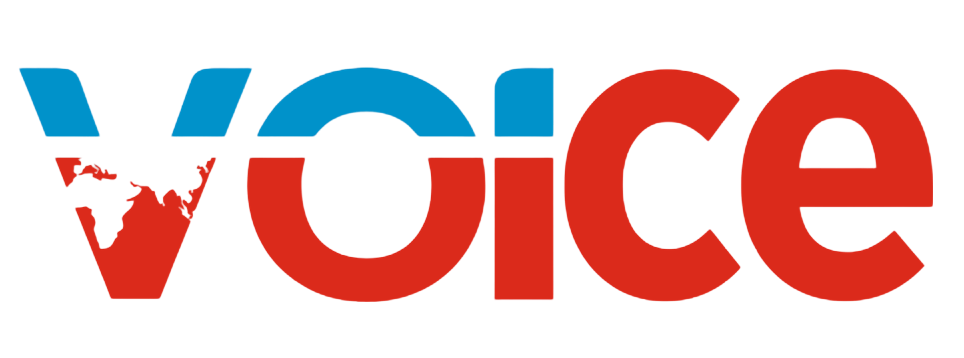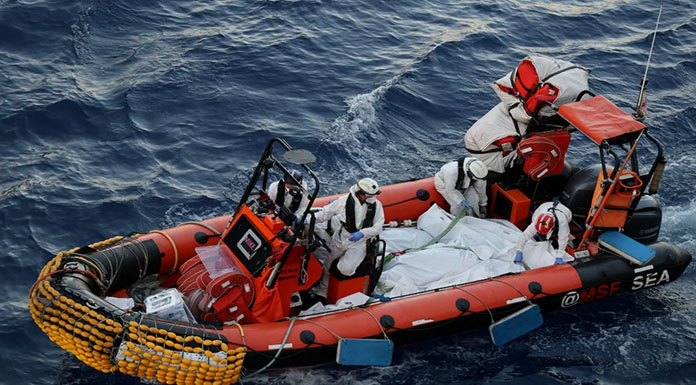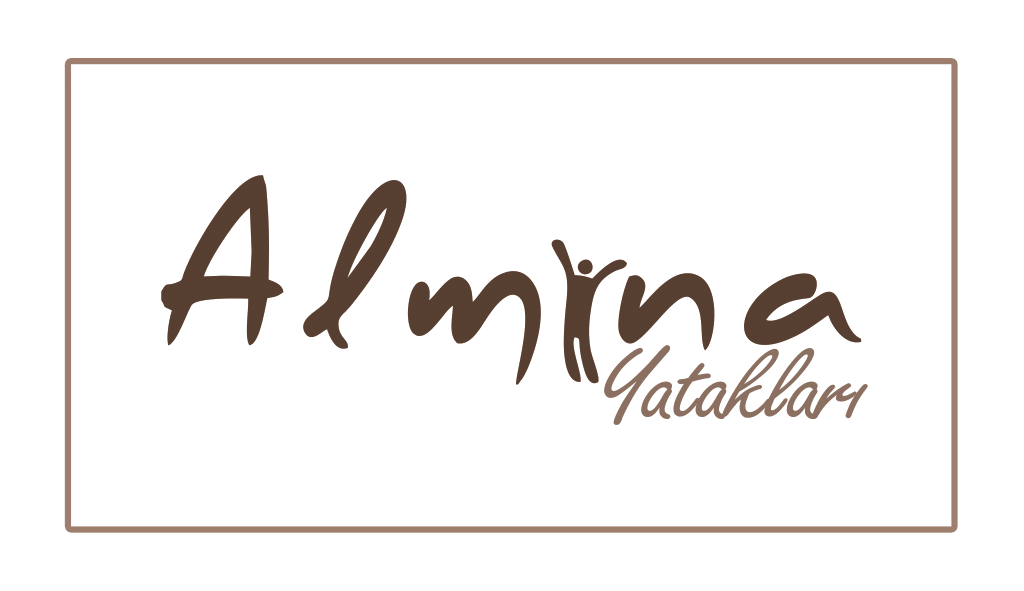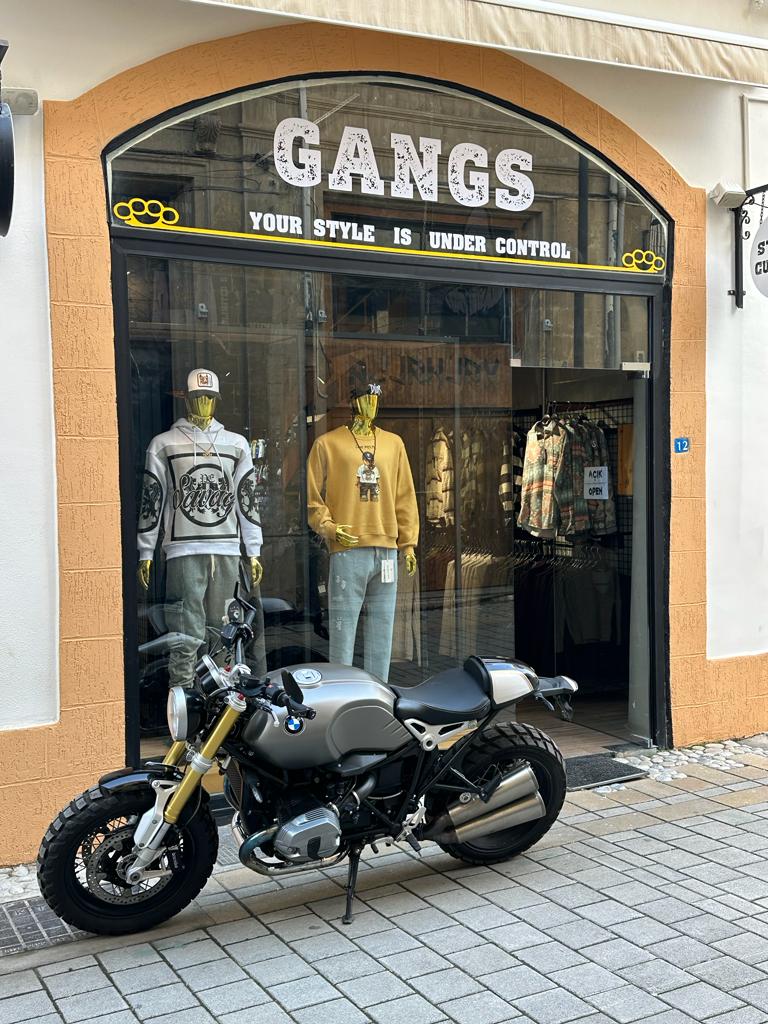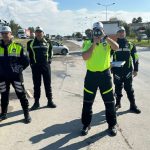Meltem Onurkan Samani, founder of the Cyprus Peace and Dialogue Centre (CPDC), said that the new negotiation process to find a solution to the Cyprus problem should be phased, transparent and inclusive of all segments of society from both sides.
Onurkan Samani explained that they initiated projects to ensure that the negotiation process is inclusive, and noted that they carried out intensive work to review the methods of the solution process in order to avoid wasting any more time.
Onurkan-Samani gave an interview to Voice Cyprus News about the work carried out by the CPDC.
“WE KNOW WHAT HAPPENS WHEN A PEACEFUL SOLUTION CANNOT BE ACHIEVED TO THE CYPRUS PROBLEM”
QUESTION: Could you tell us about the purpose and goals of CPDC?
ONURKAN SAMANI: Cyprus Peace and Dialogue Centre is based in the north of Cyprus yet carries out bi-communal work. CPDC works to find a comprehensive solution to the Cyprus problem and to resolve the problems created by the status quo until the solution is achieved. We know what happens when a peaceful solution cannot be achieved to the Cyprus problem. To put it mildly, there were physical clashes. The United Nations Peacekeeping Force (UNFICYP) came to the island in 1964 and is still here because the problem has not been resolved.
The emergence of new dynamics in 2003 and 2004 was an opportunity for a solution. Incentives were introduced such as the European Union and the opening of checkpoints enabling people to cross beyond borders since the conflict however these were not enough for a solution. Missing that window of opportunity led to a permanent division of the island.
While half of the island entered the EU, the other half remained outside the EU. While the people on this side could become Cypriot and EU citizens as individuals, they could not as a society. They have an EU identity but do not have all the opportunities and rights available to EU citizens. Both sides do not have the same mobility and human rights violations continue to occur today. Children of mixed marriages cannot obtain citizenship.
A solution within the framework of international law alone is insufficient. It will be necessary to realise a culture of peace. In the last opportunity we had for a resolution, I also took part in the negotiation meetings between Akıncı and Anastasiadis. We had come really close to a solution, but it still didn’t happen. We founded the Cyprus Peace and Dialogue (CPDC) based on the lessons we learned from the past mistakes.
“WE WANTED TO CREATE A DIALOGUE WITH AN INVOLVEMENT FROM BOTH SIDES”
QUESTION: Can you tell us how the people who manage bi-communal projects, especially those who signed the Joint Statement with Apofasi Irinis, came together in this formation, despite being established in the North?
ONURKAN SAMANİ: After Crans Montana, we continued to meet as people who took part in those meetings. Our aim is to analyse why we failed when we were so close to the solution, to reflect on the reasons and to determine what needs to be corrected for the solution to take place. The consensus was ready. The only goal in Crans Montana was to sign this strategic solution agreement. I would like to share with an open heart that, despite our efforts for a solution as Turkish Cypriot teams, including myself, this disappointment and failure we experienced is the reason why this initiative came from us. We were there and observed firsthand the reluctance of the Greek Cypriot leaders to take the final step during the Crans Montana negotiations and how they could easily walk away. There is a common perception and opinion among Turkish Cypriots that the Greek Cypriot majority cannot internalise the idea of a federation and that they always find a way to leave the negotiation table. We have not seen in the South the effort to inform the public that was seen among the Turkish Cypriots during the Annan Plan period. We wanted to create a dialogue with the involvement from both communities to question the reasons for all this. We needed to come together with important figures who took part in the negotiation processes with the federalist groups in the South, former foreign ministers, other ministers and party leaders. We needed to listen to each other and work on a solution before the leaders of both sides sat down at the negotiation table. We should have studied whether the federalists of both sides can come to an agreement. This wasn’t an easy task however, we managed to reach a consensus. We have seen that we should not expect the UN, leaders of both sides or external powers to prepare a strategic agreement for us. If reconciliation could be achieved by this method, it would have happened already. We already know the contents of a required solution agreement. We decided to prepare for what the resulting agreement would be like if the solution were to take place, and we saw that the agreement is on the table, just as Mr. Guterres said. Resolution is required on 5 to 6 articles, which we call the Guterres framework. If these are resolved, then a strategic solution agreement can emerge. We produced a Joint Declaration with the term of Mrs. Holguin’s appointment. We emphasised in the Joint Declaration that there is a bi-communal rapprochement based on political equality, but this alone is not sufficient. We emphasised that the entire process should be reconstructed.
Another lesson we should learn from Crans Montana is that the secrecy element of the process affected the negotiations negatively. While no statements were made through healthy channels in accordance with the confidentiality agreement throughout the process, distorted and manipulated information was leaked to the public, especially through the Greek Cypriot press. This is why we think that transparency should be implemented in a new setup.
In my opinion, the worst thing is for leaders to return to the table without a new process being reconstructed. The new process must be phased, transparent and inclusive of all segments of society from both sides. We have initiated our projects to be inclusive and we are working intensively to avoid wasting any more time in an old-fashioned solution process.
The two sides have serious trust issues, and there have always been suspicions that an external guidance would be biassed. We agreed in the Joint Declaration that there should be two referendums and both communities should be well informed about what will happen as a result of that referendum. The status quo should not be achieved or continued as a result of this referendum. We are still in the works of generating ways to remove the status quo from being an option. It is necessary to test the pros and cons of each scenario through focus groups and public surveys. We must take the opinions of all segments in a detailed and inclusive manner in order to reconstruct a plan that can be accepted by the majority.
“HOW CAN TURKISH CYPRIOTS BE CALLED EU CITIZENS IF THEY CANNOT BENEFIT FROM THE OPPORTUNITIES PROVIDED BY THE EU?”
QUESTION: What steps are being taken in response to the fact that Turkish Cypriots are experiencing a greater disadvantage from the Cyprus problem than Greek Cypriots and that human rights violations continue?
ONURKAN SAMANI: This is exactly why we created an EU project called Embrace. It is a project on human rights violations based on the Cyprus issue. How can it be said that Turkish Cypriots can fully benefit from EU citizenship if they cannot use their native language, one of the official languages of the Republic of Cyprus, which is an EU member, to apply for jobs, take an exam, set up organisations? How can they be called EU citizens if they cannot benefit from the opportunities provided by the EU? We will categorise and report legal cases of individuals from both communities whose human rights have been violated. After Crans Montana, the committee carrying out the EU’s harmonisation work with Northern Cyprus was stopped. The EU said that committee was stopped upon the request of the Republic of Cyprus. Then the perception the EU leaves us with, is that the north of the island is no longer an interest to the EU, simply discarded.
“CYPRUS WOMEN’S BI-COMMUNAL COALITION”
QUESTION: Speaking of work that will include all segments of society, I would like to ask about the newly established Cyprus Women’s Bi-Communal Coalition of which you are a member. What is the structure and goal of this organisation?
ONURKAN SAMANI: It was modelled after the Women’s Coalition implemented in Northern Ireland. In the Northern Ireland example, women from different political views came together and formed a party in order to ensure that women could also take part in the negotiation table. Unlike the Northern Ireland model, the Cyprus Women’s Bi-Communal Coalition has no intention of becoming a political party, but aims to bring together women from all segments of the political spectrum. We came together with 15 women under the auspices of the Irish Embassy, as we thought that such a structure could play a catalysing role in finding a solution. We can say that this coalition, which aims to reach women and youth organisations in both societies, can make a significant contribution. We believe that by identifying the reasons for disagreements in the political environment in which each woman is a part of, we can better understand and discuss different political views and can work towards a healthier reconciliation within the coalition.
QUESTION: What is the road map of the Cyprus Women’s Bi-Communal Coalition?
ONURKAN SAMANI: First of all, we will hold consultation meetings with women’s organisations. We will first meet with certain people of position, perhaps in smaller groups, and then we will come together in a larger formation. We aim to build a structure that will go outside of Nicosia. Steps will be taken to reach vast amounts of people, listen to them and share information everywhere on both sides of the island.
Voice Cyprus News 2024
